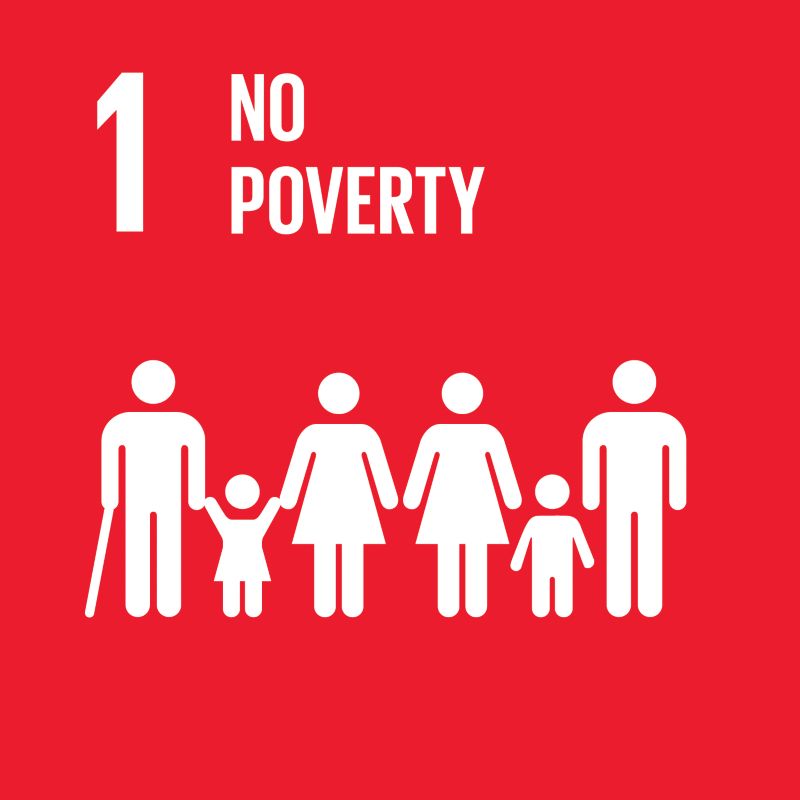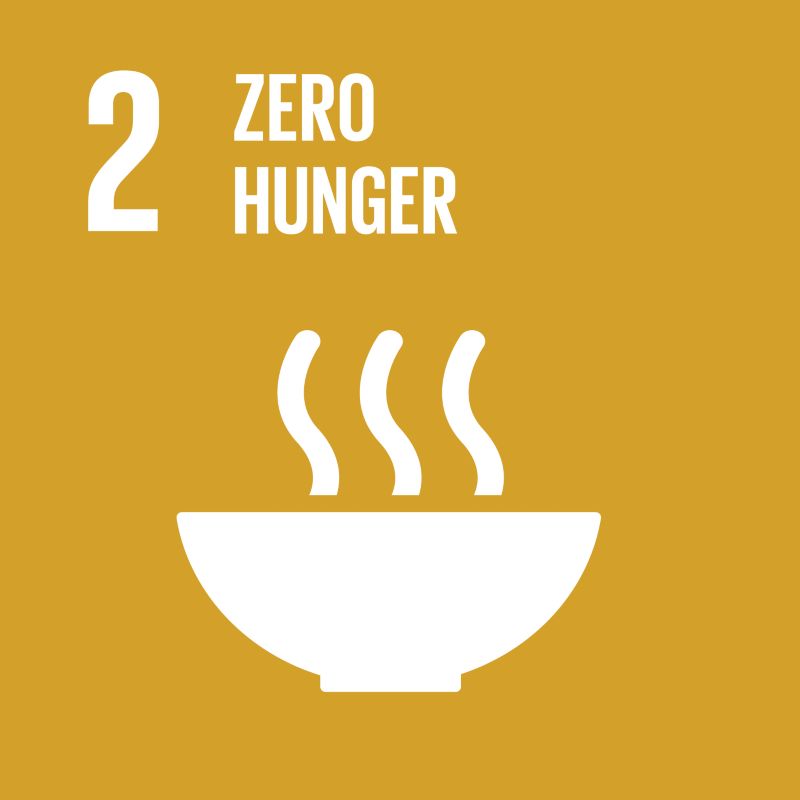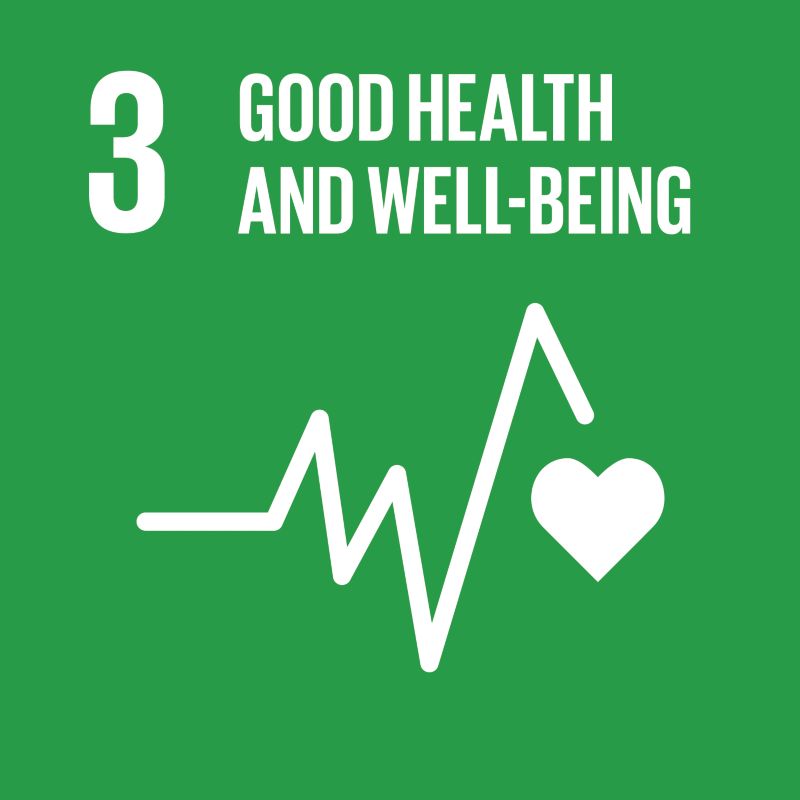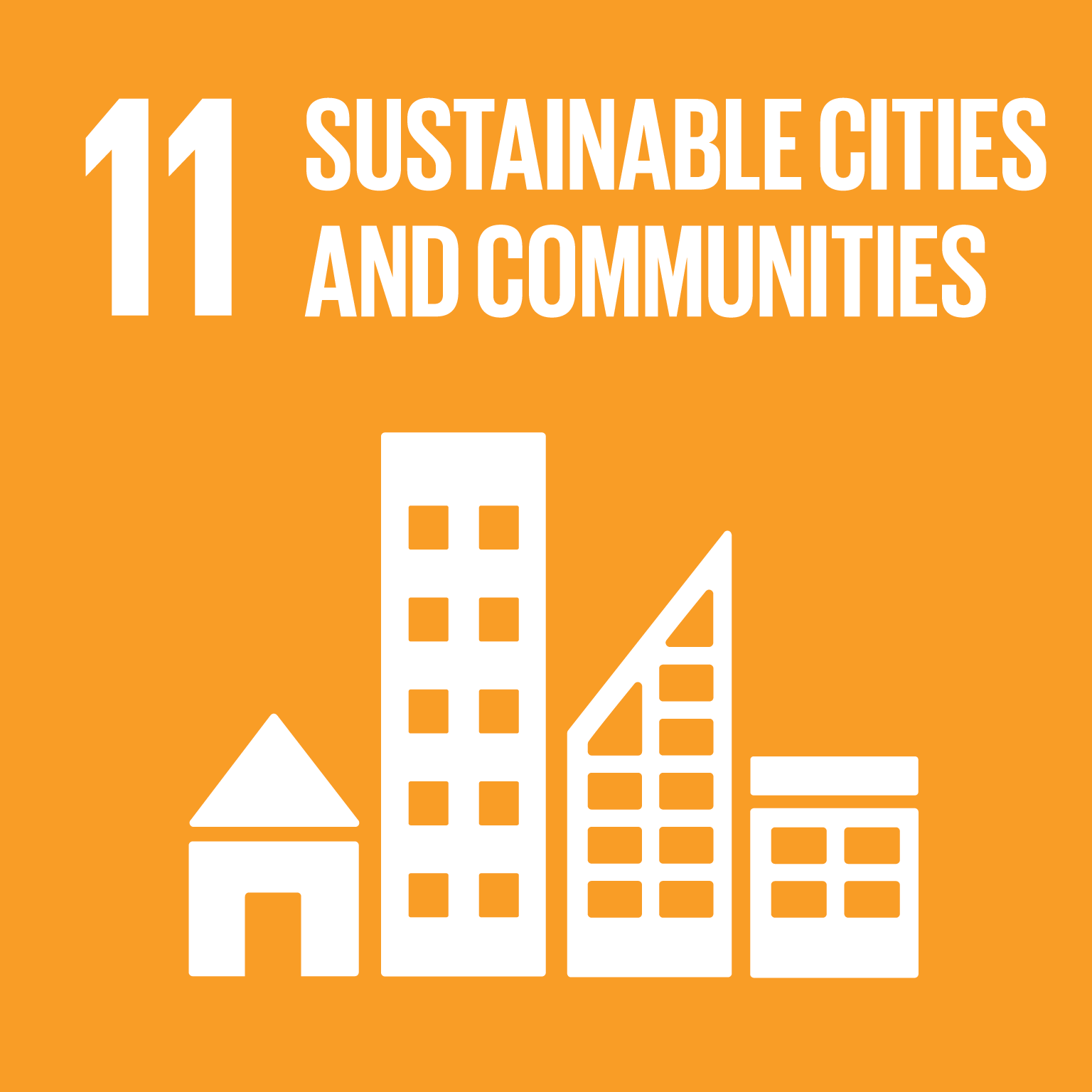Climate change has been widely recognized as a main impediment for progress towards the United Nations Sustainable Development Goals (UN SDGs).
Climate change has been widely recognized as a main impediment for progress towards the United Nations Sustainable Development Goals (UN SDGs). People in the developing world are believed to be more vulnerable to climate change because of their reliance on agriculture, resource scarcity, poor infrastructure and unstable institutions. This project examines the impacts of climate change and climatic shocks on household wellbeing in Vietnam. One research area is concerned with the relationship between climatic variables and agricultural output. It is expected that an adverse impact of climate change on agriculture will further deepen the income gap between rural and urban households, which is aligned with the SDG1 – No Poverty. Another research area investigates the impacts of climatic shocks on migration using household level data.
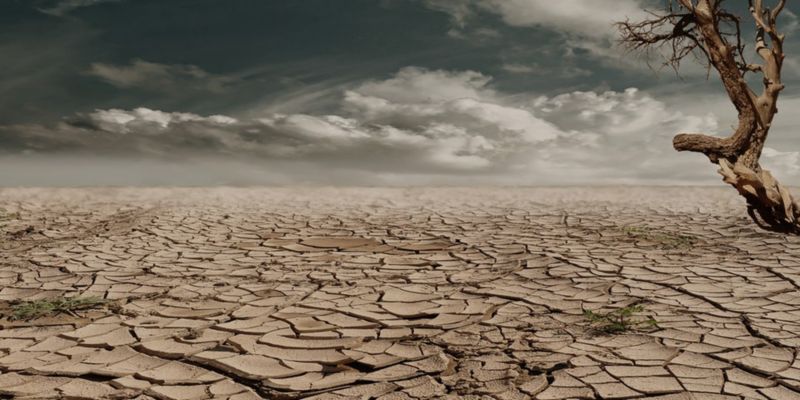
Given that damage from climatic shocks can lead to unexpected flows of migration from rural to urban areas, findings from this research are useful policy recommendations in order to achieve the SDG11 – Sustainable Cities and Communities. A further research area is concerned with the impact of climatic shocks on child health. One of the main targets of SDGs is to improve wellbeing and the health status of people (SDG4).
Project timeline: 2015 - 2019
Key contributors: Trong-Anh Trinh, Simon Feeny and Alberto Posso
This project addresses the following Sustainable Development Goals and Targets:
1.5 By 2030, build the resilience of the poor and those in vulnerable situations and reduce their exposure and vulnerability to climate-related extreme events and other economic, social and environmental shocks and disasters
2.1 By 2030, end hunger and ensure access by all people, in particular the poor and people in vulnerable situations, including infants, to safe, nutritious and sufficient food all year round
2.2 By 2030, end all forms of malnutrition, including achieving, by 2025, the internationally agreed targets on stunting and wasting in children under 5 years of age, and address the nutritional needs of adolescent girls, pregnant and lactating women and older persons
3.1 By 2030, reduce the global maternal mortality ratio to less than 70 per 100,000 live birth
3.2 By 2030, end preventable deaths of newborns and children under 5 years of age, with all countries aiming to reduce neonatal mortality to at least as low as 12 per 1,000 live births and under-5 mortality to at least as low as 25 per 1,000 live births
11.5 By 2030, significantly reduce the number of deaths and the number of people affected and substantially decrease the direct economic losses relative to global gross domestic product caused by disasters, including water-related disasters, with a focus on protecting the poor and people in vulnerable situations
11.b By 2020, substantially increase the number of cities and human settlements adopting and implementing integrated policies and plans towards inclusion, resource efficiency, mitigation and adaptation to climate change, resilience to disasters, and develop and implement, in line with the Sendai Framework for Disaster Risk Reduction 2015–2030, holistic disaster risk management at all levels

Get in touch
For more information or to discuss partnership and collaboration opportunities, email us at SDGs@rmit.edu.au.
For more information about RMIT’s sustainability commitments and activities visit www.rmit.edu.au/sustainability
